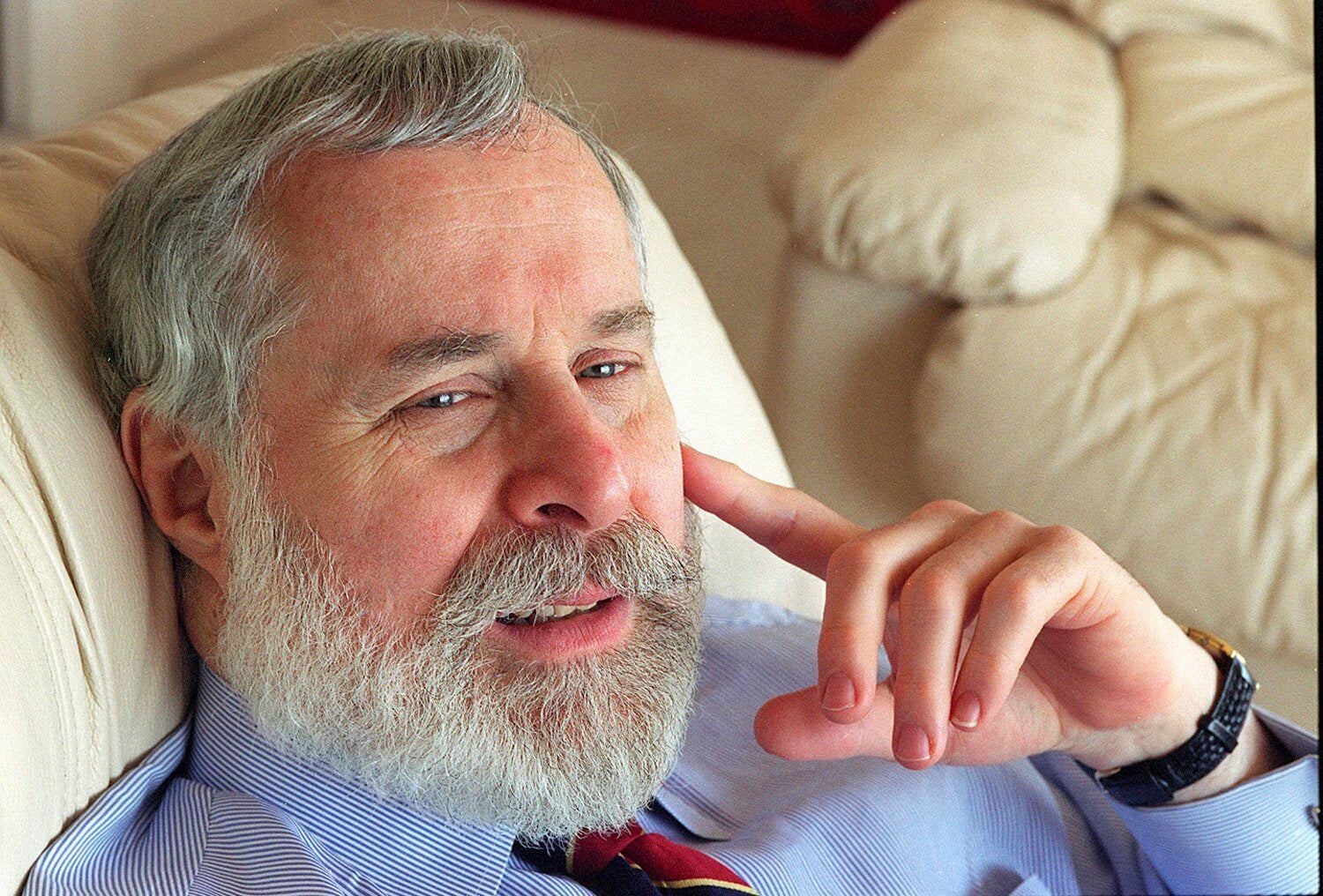Whistleblower Peter Buxtun – who exposed Tuskegee syphilis study – dies aged 86
For 40 years the US Public Health Service conducted a study in which black men were left untreated for syphilis

Your support helps us to tell the story
From reproductive rights to climate change to Big Tech, The Independent is on the ground when the story is developing. Whether it's investigating the financials of Elon Musk's pro-Trump PAC or producing our latest documentary, 'The A Word', which shines a light on the American women fighting for reproductive rights, we know how important it is to parse out the facts from the messaging.
At such a critical moment in US history, we need reporters on the ground. Your donation allows us to keep sending journalists to speak to both sides of the story.
The Independent is trusted by Americans across the entire political spectrum. And unlike many other quality news outlets, we choose not to lock Americans out of our reporting and analysis with paywalls. We believe quality journalism should be available to everyone, paid for by those who can afford it.
Your support makes all the difference.The whistleblower who revealed that the US government allowed hundreds of Black men in rural Alabama to go untreated for syphilis in what became known as the Tuskegee study has died aged 86.
Peter Buxtun’s intervention ended one of the most notorious medical research scandals in US history. Mr Buxtun died on 18 May of Alzheimer’s disease in Rocklin, California, according to his attorney, Minna Fernan.
For 40 years the US Public Health Service conducted a study which meant hundreds went untreated and died of the sexually transmitted infection. The study aimed to determine, from autopsies, what the disease did to the human body at the expense of more than 100 lives.
In 1965 Mr Buxtun took a job at the local Public Health Service office and overheard colleagues discussing a syphilis case study in Alabama. He raised ethical concerns and complaints the following year to the Centres for Disease Control and Prevention but was met with repeated rejections.
He eventually left the service and retrained as a lawyer but the information he possessed about the study eventually led him to tip off a journalist. Investigative reporter Jean Heller wrote an expose in 1972 and the 40-year study was halted.
Mr Buxtun’s bravery in risking his career not only saved the lives of men but also led to an overhaul of the Health, Education and Welfare rules concerning work with human subjects. A class-action lawsuit was also settled out-of-court for $10 million (£7.7m), with the US government promising free medical care to survivors and their families.
The last participant died in 2004, but the study’s dark legacy still casts a shadow. It resulted in distrust to seek medical treatment and was cited as recently as the pandemic for the reason not to get the Covid-19 vaccine.
Syphilis is a highly contagious infection spread by sexual contact and if left untreated can cause bone and dental deformations, deafness, blindness, heart disease and central nervous system deterioration. Untreated syphilis reduces life expectancy by 17 per cent in black men between the ages of 25 and 50, according to an American Medical Association study which fits with the description of the Tuskegee Study subjects.
Mr Buxtun was born in Prague in 1937 to a Jewish father who moved the family to the US in 1939 from Nazi-occupied then-Czechoslovakia. He drew comparisons between the Tuskegee study and medical experiments Nazi doctors had conducted on Jewish people and other prisoners.
Lille Tyson Head, whose father was in the study, said that family members of participants are grateful to Mr Buxtun for his “honesty” and “courage” in exposing the experiment.
Join our commenting forum
Join thought-provoking conversations, follow other Independent readers and see their replies
Comments